|
Multinational food companies have sometimes been caught for having double standards – one set for western countries and one for developing nations. One example of this is Nestlé, which has been caught adding sugar in cereals for babies in Senegal and South Africa, but not in the same products it sells in Switzerland, its home country. Public health expert Susan Goldstein explains why extra sugar is particularly bad for babies and why multinationals targeting low-income countries with sweeter products get away with it.
The United Nations has deplored the UK’s plans to transfer asylum seekers to Rwanda. Previously the UK supreme court ruled that the east African country was not a safe place for asylum seekers. This harsh assessment is not far-fetched. Omar McDoom argues that the ruling regime places state security above liberty and equality.
The new vaccine against malaria, R21/Matrix-M, took scientists at Oxford University 30 years to develop. It is projected to be the most effective single intervention against the parasitic disease. As world malaria day is commemorated today, Adrian Hill, chief investigator for the vaccine, predicts vaccines will reduce malaria cases by two-thirds by the end of the decade.
|
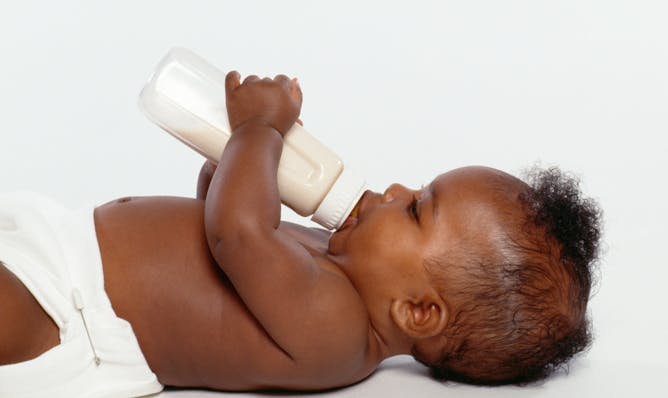
Susan Goldstein, University of the Witwatersrand
Obesity among children is a growing problem in Africa.
|

Omar Shahabudin McDoom, London School of Economics and Political Science
Rwanda’s preoccupation with security is at odds with its desire for unity.
|
|
|
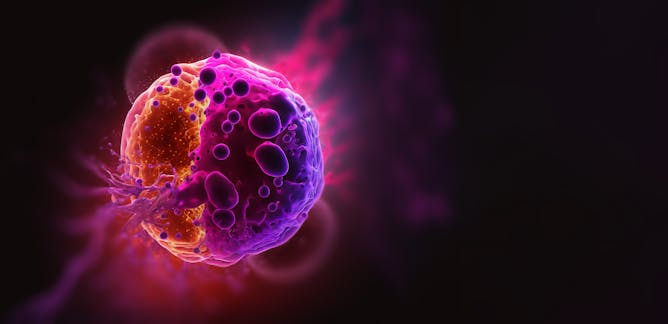
Adrian Hill, University of Oxford
Malaria has been around longer than humankind. The endgame for this deadly parasitic disease is in sight.
| |
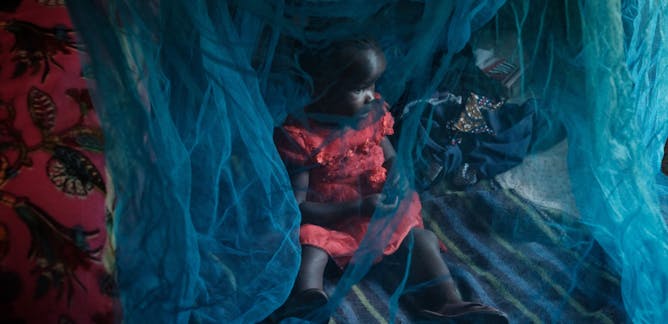
Jaishree Raman, National Institute for Communicable Diseases
Forty million children are born in malaria areas across Africa each year. Two new vaccines are important weapons in the fight against the disease.
|
|
|
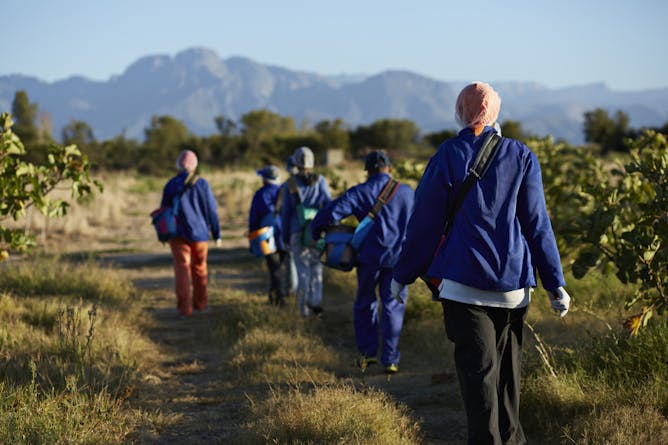
Peter Johnston, University of Cape Town
The University of Cape Town’s new report on the impacts of climate change in South Africa found that heatwaves and water stress will affect jobs, deepen inequality, and increase gender-based violence.
|
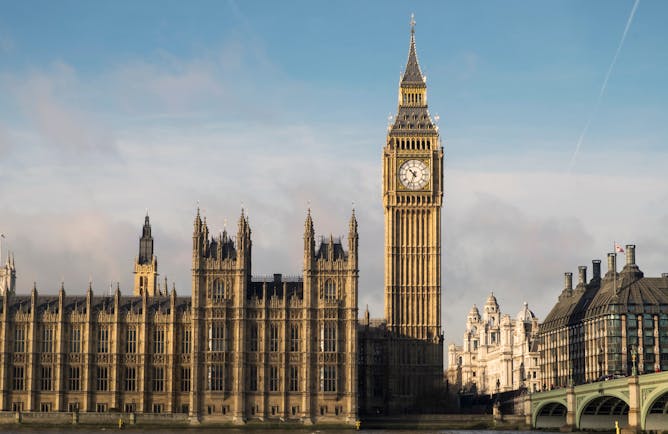
Joshua Jowitt, Newcastle University
Like asking us to believe that 2+2=5, the bill requires decision makers to ignore documented fact and give legal priority to a fiction.
|
From our international editions
|
-
Lauren Gould, Utrecht University; Linde Arentze, NIOD Institute for War, Holocaust and Genocide Studies; Marijn Hoijtink, University of Antwerp
AI is enabling a huge number of decisions about who to target. They are not always the right ones.
-
Daniel Kelly, Sheffield Hallam University
The link between ejaculation and prostate cancer explained.
-
Dan Jerker B. Svantesson, Bond University
Using Australian laws to force a foreign-owned platform to take down content globally sets a risky precedent – should we allow all countries to impose their laws on the internet?
-
Marco Fusi, Newcastle University
Marine species respond to ocean deoxygenation in different ways depending on where in the ocean they live.
-
Nathaniel Johnson, University of North Dakota; Hasan Khatib, University of Wisconsin-Madison; Thomas D. Crenshaw, University of Wisconsin-Madison
Studies show a parent’s poor diet could affect the genes of generations to come – and set up children and grandchildren for obesity and cardiovascular issues.
|
|